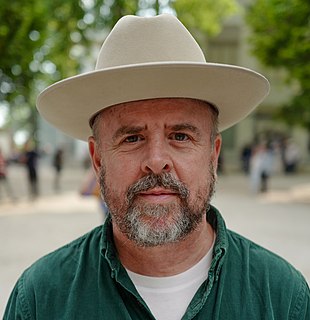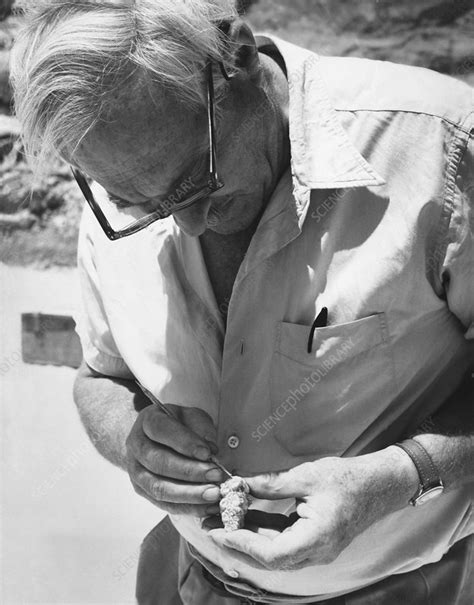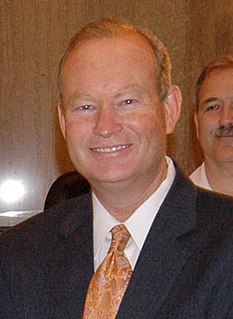A Quote by Gary Hustwit
In some bigger cities, I don't think people really realize these structures were built for the Olympics.
Related Quotes
If we were built, what were we built for? ... Why do we have this amazing collection of sinews, senses, and sensibilities? Were we really designed in order to recline on the couch, extending our wrists perpendicular to the floor so we can flick through the television's offerings? Were we really designed in order to shop some more so the economy can grow some more? Or were we designed to experience the great epiphanies that come from contact with each other and with the natural world?
I think the structures of exclusion are more systematically built up in American society, for example, so that young girls interested in science eventually lose their confidence over time. The structures of exclusion work against them. We have other structures of exclusion in India, but not around modern scientific knowledge.
So many people that we met had some sort of connection to the [Olympics] games. Some story about how they volunteered there, or some sort of memory of it. It still is in the cultural memory and identity of these cities as much as it is in the physical and architectural memory. It's where these two things overlap, I think, that we're trying to explore with the photos.
People always say, when did you realize you were funny? And I think it's not that you realize you were funny. It's that you're brain works in a certain way. And I don't think that that's - I think in some respects it's uncontrollable, and you can either accept it and deal with it and hone it or you can try to fight it. And I was too weak to fight it.
Everything in Athens is probably a good example. Any time when there really isn't a need for these facilities in these cities, but they get built anyway for the games, everybody has kind of wishful thinking about what the afterlife of these spaces is going to be. If there is not demand for it before the Olympics, there's probably not going to be demand for it afterwards.
By rebuilding transportation so that you're not owning this thing that just sits there all the time, you get to rebuild cities in the process. If we do this right as a country, we have a chance to re-create our cities with the people, rather than cars, at the center. Our cities today have been built for the car. They've been built for car ownership. Imagine walking around in the city where you don't see any parking lots and you don't need that many roads.
It was the hard work of our people, the freedom they enjoyed and their faith in God that built this country and made it the envy of the world. In all of our great cities and towns evidence of the faith of our people is found: houses of worship of every denomination are among the oldest structures. While never willing to bow to a tyrant, our forefathers were always willing to get to their knees before God. When catastrophe threatened, they turned to God for deliverance. When the harvest was bountiful the first thought was thanksgiving to God.
I think when you work on fossils, and you realize that a species is there, and it's abundant for quite a long period of time, and then at some point it's no longer there - and so, when you look at that bigger picture, yes, you realize that either you change and adapt, or, as a species, you go extinct.


































